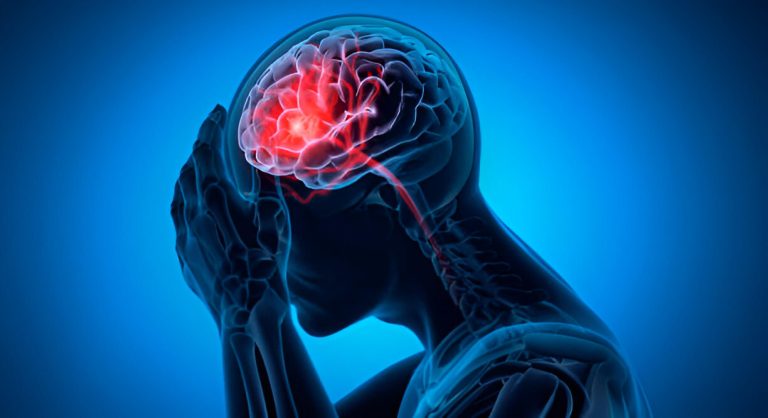Ever wondered what happens in your brain when you’re anxious or depressed? Mental health and the brain are deeply connected. Here’s a simplified look:
- Chemical Balance: The brain relies on chemicals called neurotransmitters (like serotonin and dopamine) to regulate mood. When there’s an imbalance, conditions like depression or anxiety can occur.
- Stress Response: The amygdala, a part of the brain, reacts to stress. In anxiety disorders, it’s overactive, causing constant worry.
- Memory and Trauma: The hippocampus, responsible for memory, shrinks in people with PTSD or chronic stress, making it harder to process emotions.
Understanding these changes helps break stigma. Mental illness isn’t “all in your head”; it’s rooted in biology. If you’re struggling, know it’s a valid condition that deserves care—just like any physical illness.


